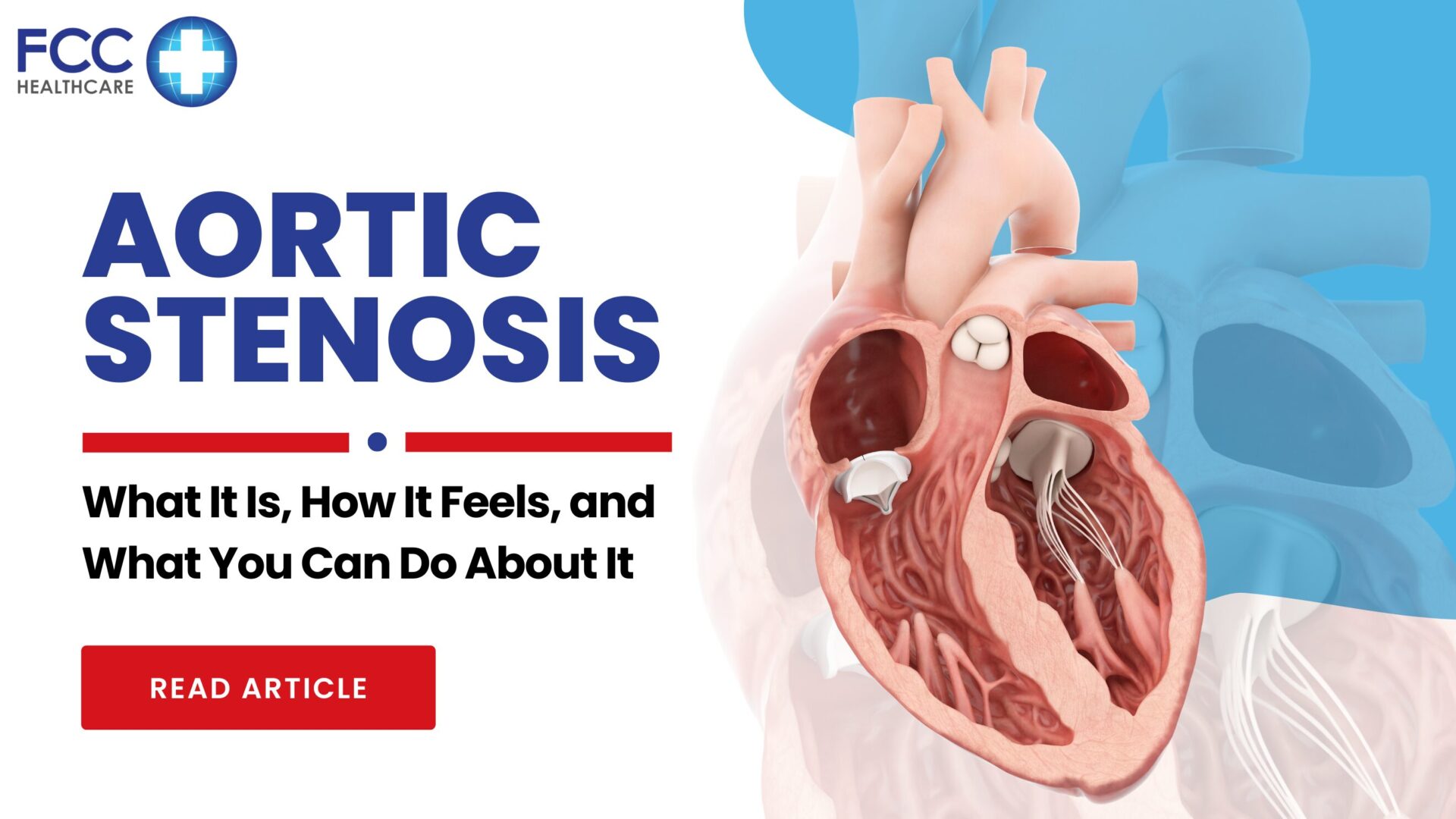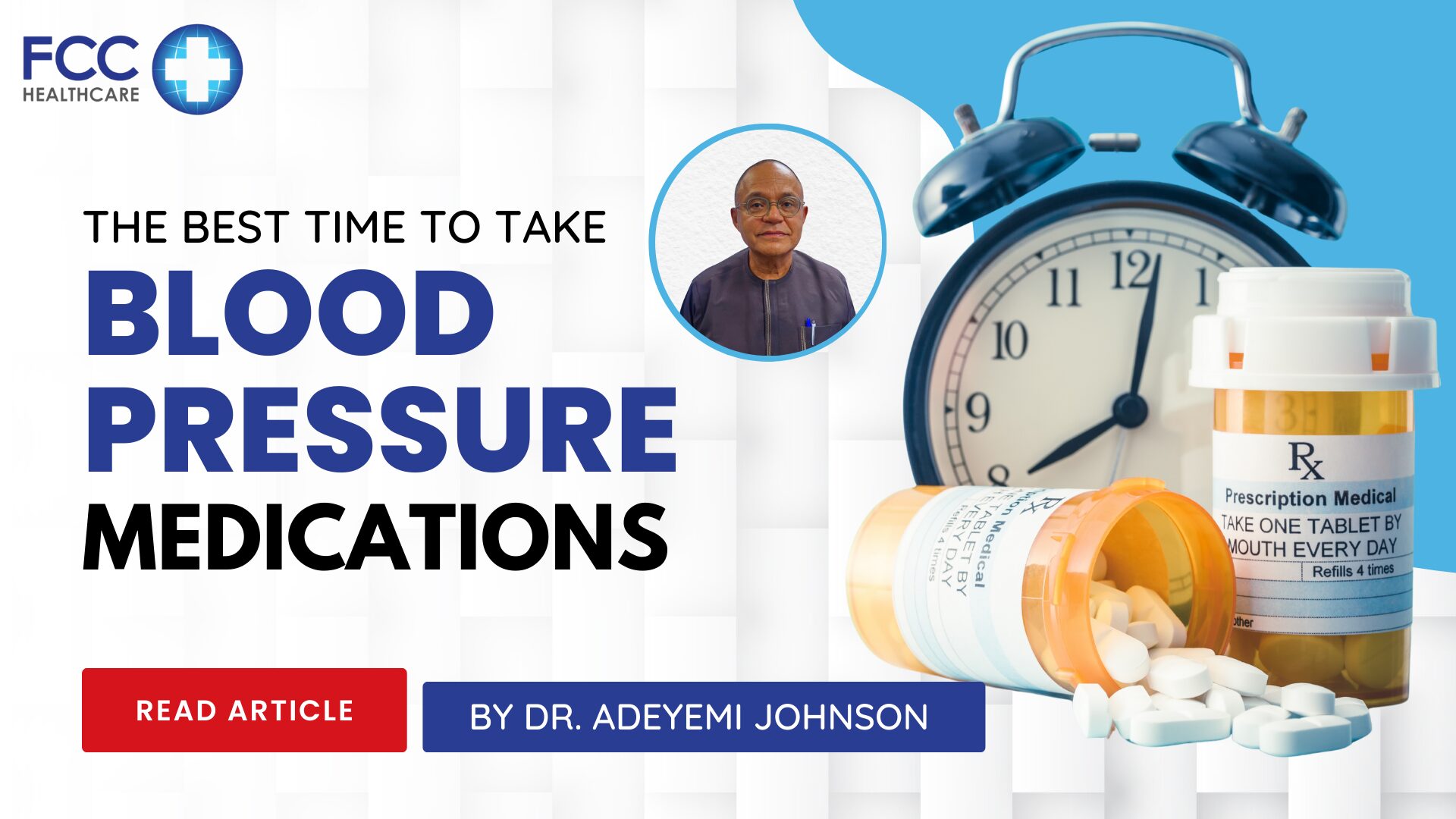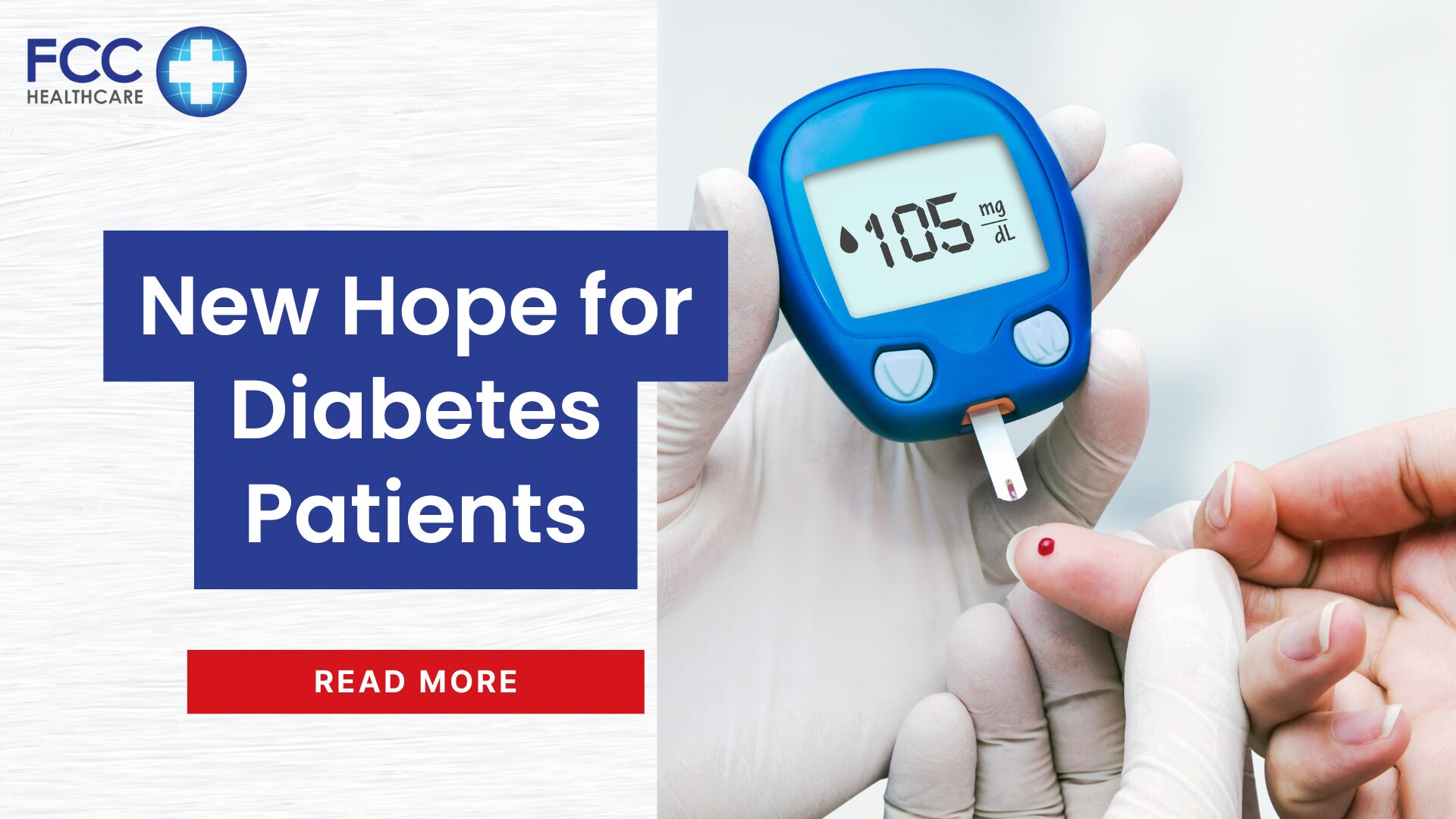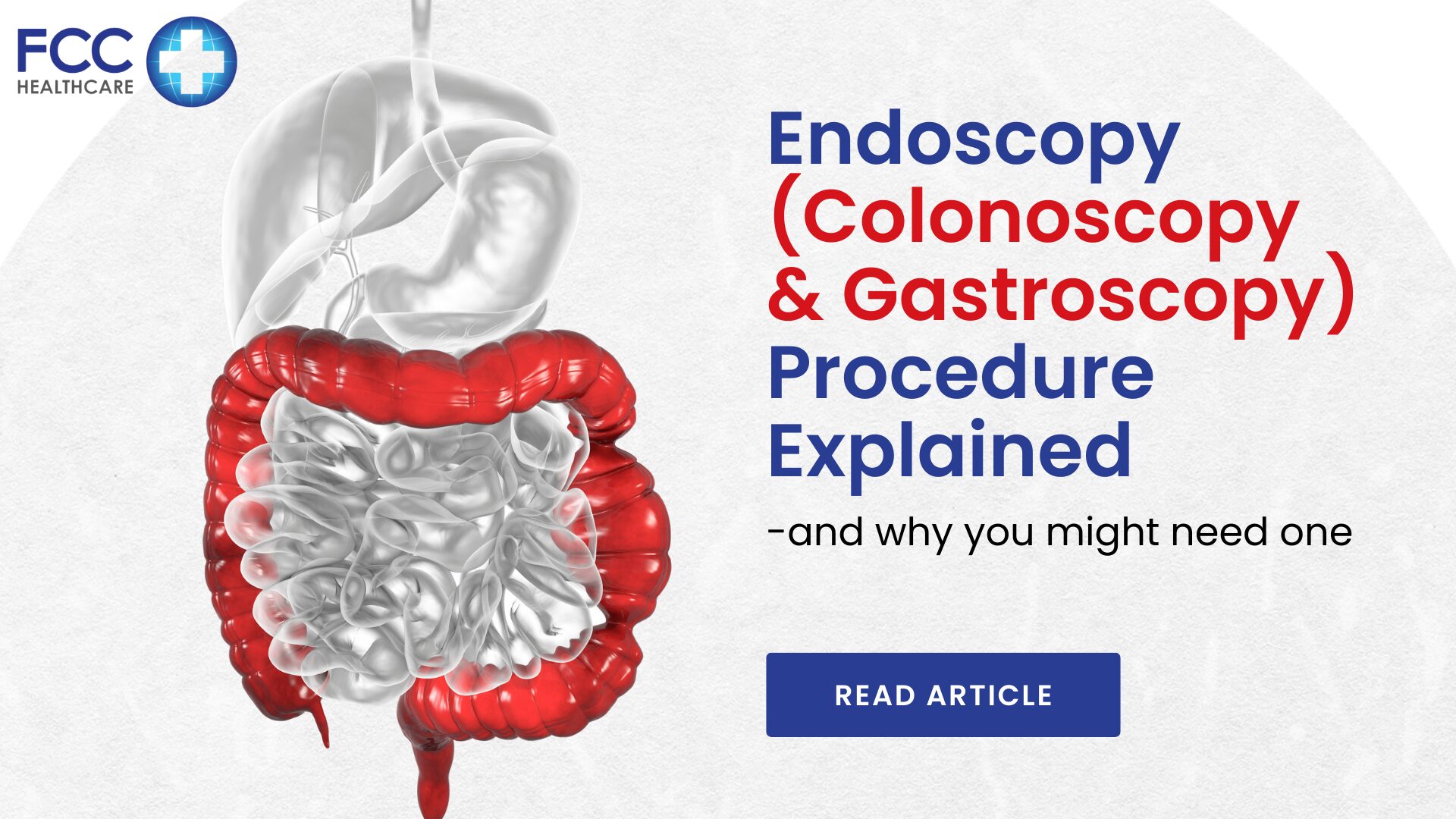Imagine your heart working extra hard just to pump blood through a tight, narrow doorway. That’s exactly what happens with aortic stenosis, a condition where the valve that controls blood flow from the heart to the rest of the body becomes narrowed or stiff. Over time, this puts a serious strain on the heart.
Symptoms usually come on gradually and some people with the condition may not have symptoms for many years. Either way, knowing the signs early can make all the difference
So, What Exactly Is Aortic Stenosis?
Your heart has four valves, and one of them the aortic valve plays a vital role. It opens and closes to let oxygen-rich blood flow from your heart into the rest of your body. In aortic stenosis, this valve gets narrowed or hardened, which means your heart must pump harder to do its job.
This often happens with age (calcium builds up on the valve), but it can also result from a birth defect, previous infections like rheumatic fever, or other health conditions.
How Do You Know something’s wrong?
In the early stages, you might not feel anything at all. But as the condition progresses, your body may begin to send out warning signs. These can include:
- Chest pain or tightness — especially when you’re active
- Shortness of breath — even during everyday activities
- Feeling lightheaded or fainting
- Unusual fatigue
- Pounding or fluttering heartbeat
- Swollen ankles or feet
If you’re noticing these symptoms especially more than one, it’s a good idea to get checked out.
How Is It Diagnosed?
When you visit the doctor, they’ll start with something as simple as a stethoscope. Aortic stenosis often creates a noticeable heart murmur. But to be sure, they’ll likely recommend some of these tests:
- Echocardiogram (heart ultrasound): This shows how your heart and valves are working.
- ECG (electrocardiogram): Looks at the rhythm and electrical activity of your heart.
- Chest X-ray: Checks the size of your heart and lungs.
- Cardiac CT or MRI: For more detailed images, if needed.
- Cardiac catheterization: In some cases, to measure pressure inside the heart before surgery.
These tests aren’t painful, most are quick, non-invasive, and give your care team all the info they need.
What Can Be Done About It?
The good news? Aortic stenosis can be treated, and the earlier it’s caught, the better the outcomes.
For mild cases:
Your doctor might just keep an eye on things through regular check-ups and recommend healthy lifestyle habits — like eating well, staying active, and managing blood pressure.
For more serious cases, here are the options:
- Valve Replacement Surgery (SAVR):
Traditional open-heart surgery where the narrowed valve is removed and replaced with a new one. This is a common and highly effective treatment. - TAVR (Transcatheter Aortic Valve Replacement):
A minimally invasive procedure that’s often used for older adults or those who aren’t good candidates for surgery. The new valve is placed through a small tube, usually inserted via the leg.
There’s no medication that fixes the valve itself, but medications might be used to help with symptoms until you’re ready for treatment.
Living with Aortic Stenosis
It can feel scary to be diagnosed with a heart condition. But many people live full, active lives after treatment, especially when it’s caught early. The key is to stay on top of your health and follow through with your care plan.
Listen to your body. Don’t brush off chest tightness or fatigue as “just stress” or “getting older.” When it comes to the heart, it’s always better to be safe.
When Should You See a Doctor?
If you’re experiencing unusual tiredness, chest discomfort, or you’re feeling dizzy more than usual, don’t wait. A simple check-up could change everything.
Even without symptoms, everyone should have regular medicals and check-ups with a doctor during which, this or similar conditions can be picked up.
Final Thoughts
Aortic stenosis may be serious, but it’s also treatable and in many cases, fixable. With today’s medical advances, you don’t have to live in fear of what’s happening inside your chest. What matters most is paying attention, getting the right care, and taking action early.
Concerned about your heart?
Schedule a visit with our Cardiology team today.
Call: 09169849161
Book online: www.firstcardioogy.org
Visit us: 20A Thompson Avenue, off Glover road. Ikoyi. Lagos




